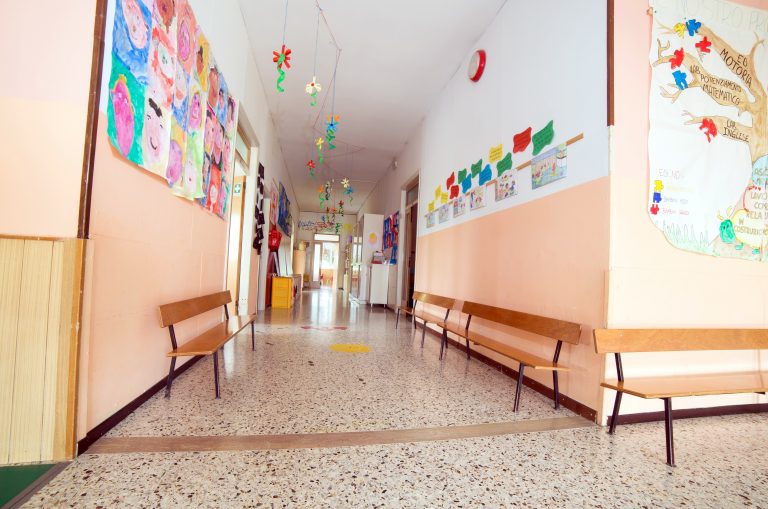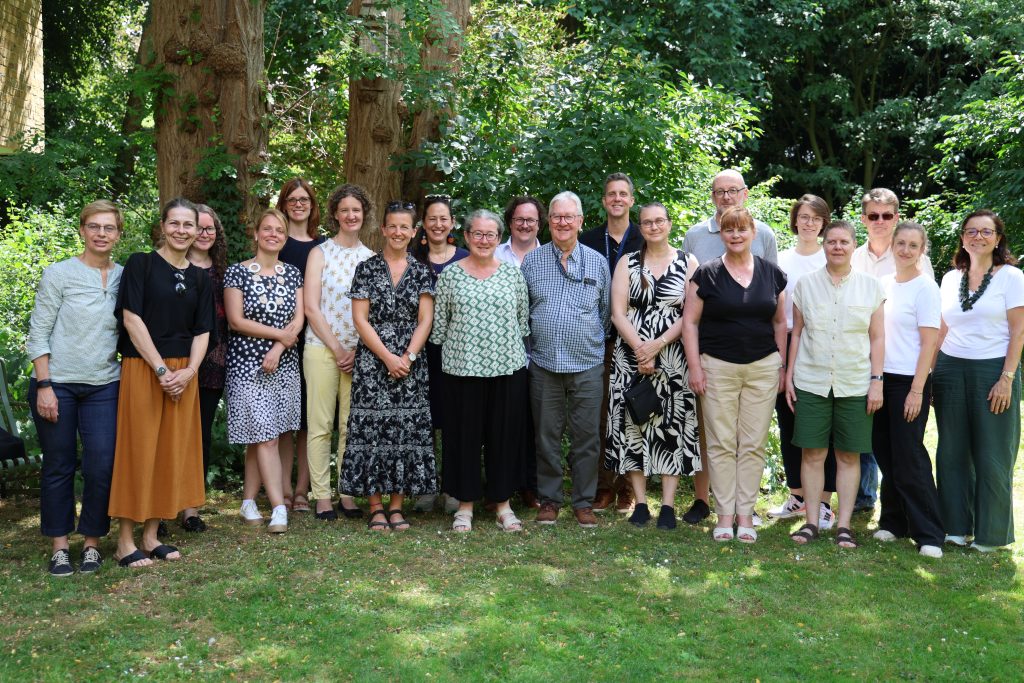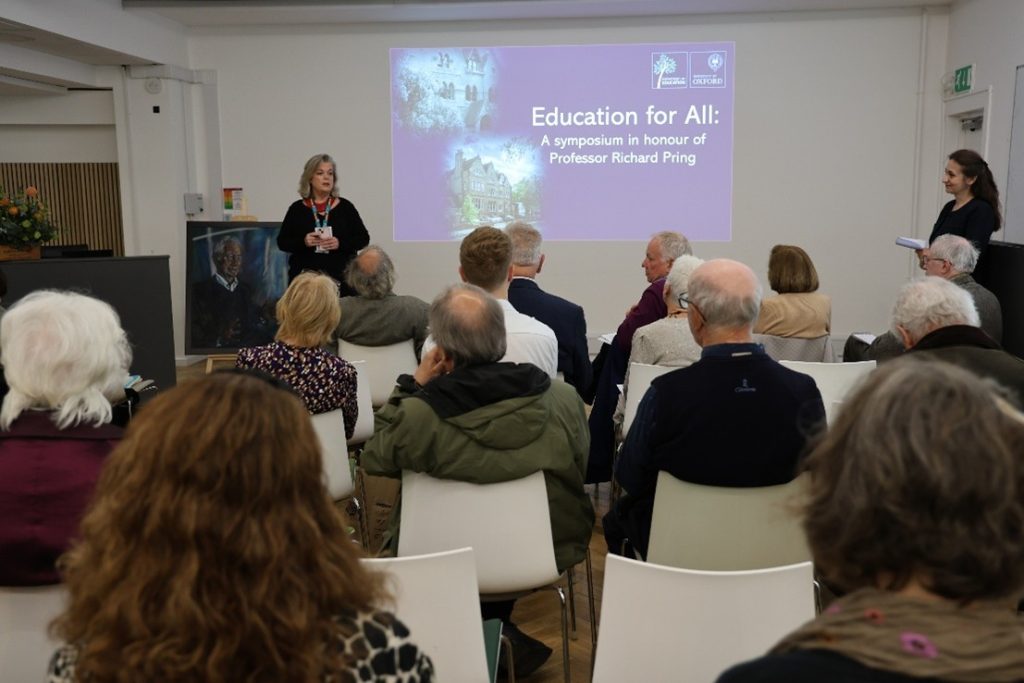Findings from research led by Professors Kathy Sylva (Principal Investigator) and Pam Sammons (Co-Invesigator) has shown that government records of Sure Start children’s centre closures are a massive underestimate. The project, conducted between the department and the Department of Social Policy, and commissioned by the Sutton Trust, the foundation dedicated to improving social mobility through education, issued their full report on 5 April.
Kathy Sylva explains the background to the research:
Children’s centres are closing rapidly across England – and if their front doors have not actually been locked, what goes on inside is much reduced when compared to five years ago. Our survey of local authorities in England found reductions in the number of registered children’s centres, but more importantly, in the services that go on inside them.
Our team of researchers from the University of Oxford found that as many as 1,000 of the original 3,600 centres have been closed or now operate greatly reduced services. We surveyed local authorities across the country and found reductions in senior staff and ‘hollowing out’ of open-access services, the kinds of non-stigmatising activities aimed at all families in the surrounding neighbourhood and not just those on the books of Social Services.
Closures and service reductions were attributed mainly to funding cuts but also to changed priorities, a move away from ‘poor families in the neighbourhood’ to ‘targeted families in need of local authority intervention’. We found that the ‘early intervention’ allocation to local authorities has fallen 64% in the seven years between 2010/2011 (the peak of children’s centre provision) and 2017/2018.
Hard-pressed local authority officials described that cuts necessitated a major shift away from open access activities such as Stay & Play or Rhyme Time, to statutory duties of child protection or social work support for families whose children are ‘at risk’.
Much of the report makes grim reading, but there are some rays of hope in the concluding case studies that document imaginative re-structuring: links with local nursery/primary schools, the Healthy Child Programme, or multi-professional ‘early help’ activities led by social work teams. These links bolster budgets and provide welcome opportunities for collaboration between professionals from different backgrounds and between maintained and PVI provision.
We live in a time of austerity, yes, but let’s not close down this innovative programme that the Government’s own research found to be helping low income families with young children. What is needed is a clear statement from Government describing the core services that define children’s centres, an up to date list of centres for families to access, and in time, a new inspection framework so that everyone – parents, local authorities, and children’s centre staff – know the Government takes seriously their vital evidence-based work.
Kathy Sylva is an Honorary Research Fellow at the University of Oxford and co-author of Stop Start.
Image credit – Shutterstock
Download a copy of the full report, here.










